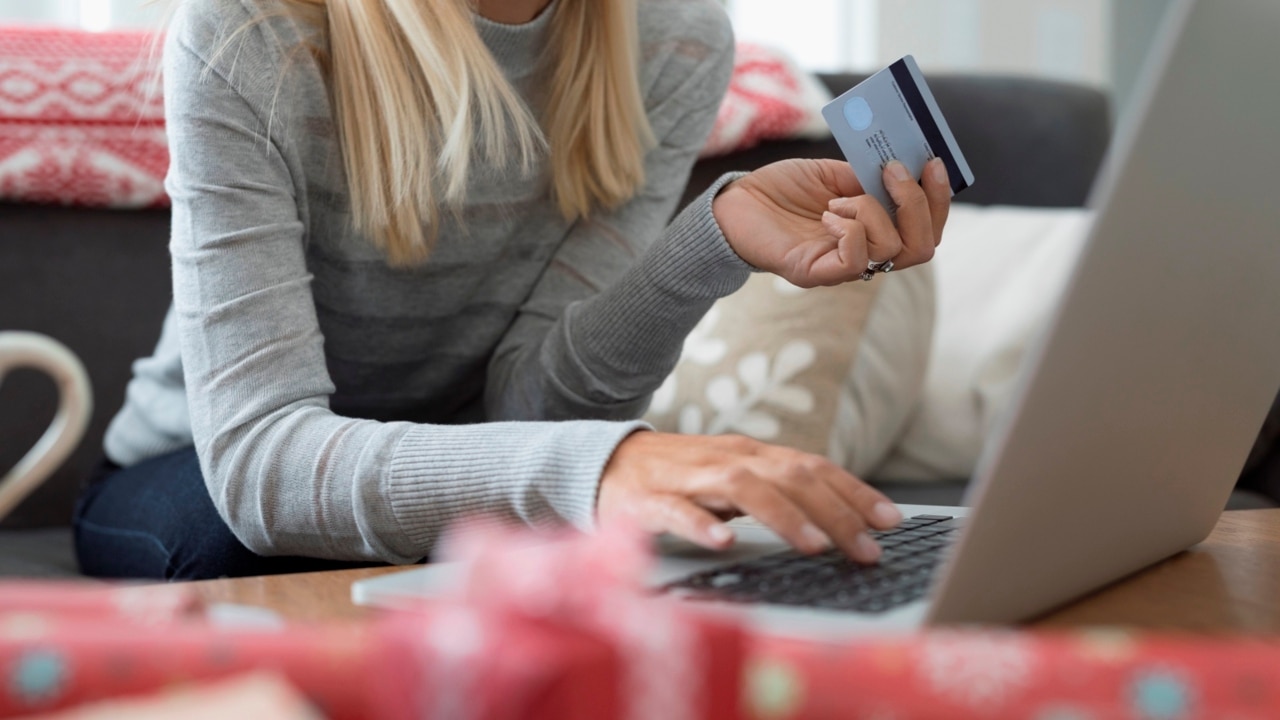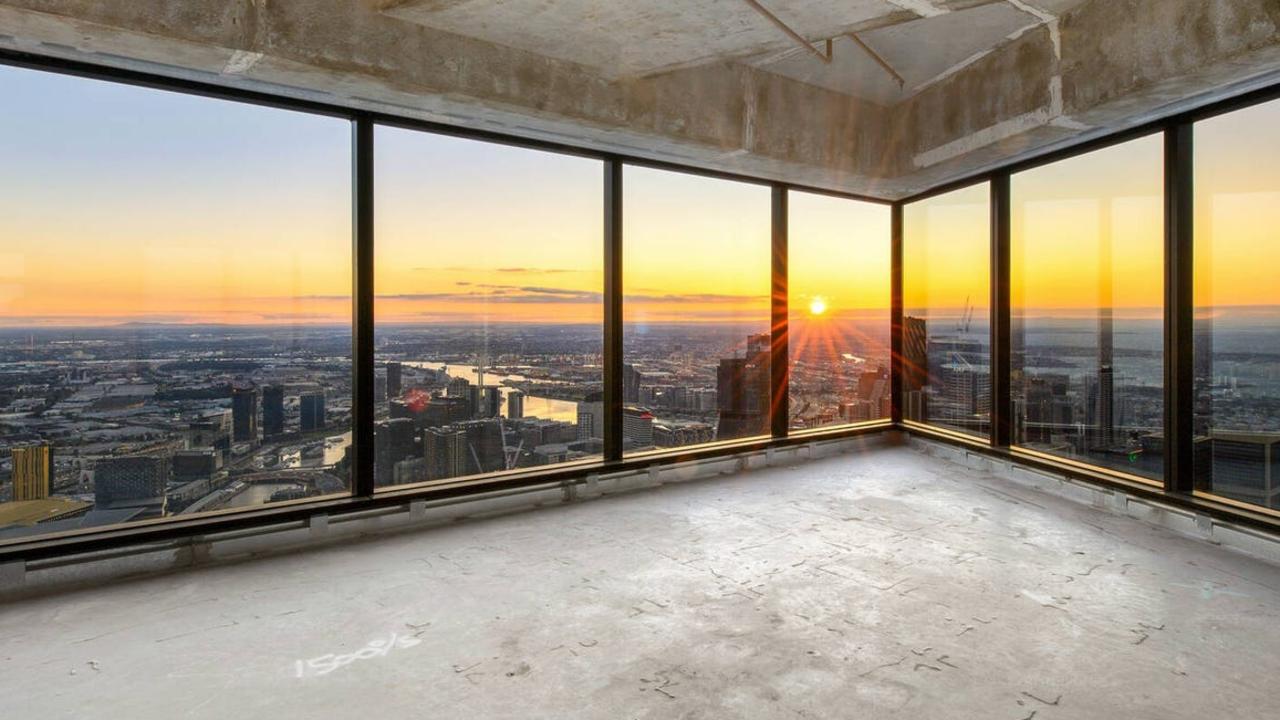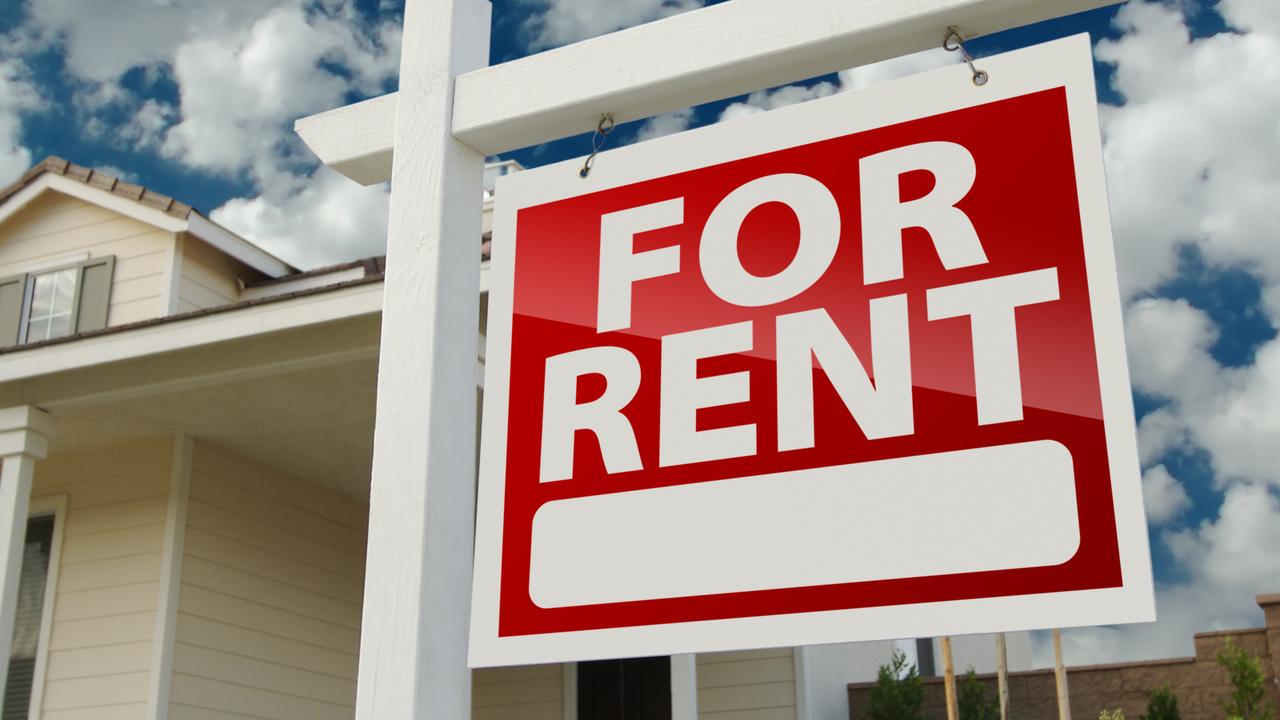How lockdown has changed our buying habits
Coronavirus lockdowns that forced Australian shoppers online are now tipped to permanently change the nation’s retail landscape.

News
Don't miss out on the headlines from News. Followed categories will be added to My News.
Habits, according to modern psychology, take 66 days to form.
Online retail pioneer Ruslan Kogan said the coronavirus pandemic and associated lockdowns had therefore been more than long enough to unleash a tectonic shift in the nation’s retail landscape.
A new cohort of shoppers had been introduced to online shopping and they would not revert to their old ways, the Kogan.com founder said.
“There is a revolution happening in our industry,” Mr Kogan says.
“People are shopping online more and more and it has been habit forming. People are no longer trying out online — these shopping habits have been consistent for months.”
The 37-year-old, who founded Kogan.com in 2006, is gearing up for a record-breaking 2021.
He points out visits to his site have continued even as business restrictions have been eased and bricks and mortar retail outlets have opened up.

“Customers are now saying ‘Hold on a second, I used to drive to the shopping centre, look for a parking spot, battle the crowds, hope that the store has the right item in stock, put up with a sales person, try to ensure I am getting a decent price, carry the item back to my car, do the last mile delivery myself, get the item home and there goes half a day or a full day’,” he said.
“People have realised that they can click a couple of times and the item arrives the next day so why would you go back to the old way of doing things.”
Kogan.com has emerged as a key business winner from the pandemic.
Gross sales surged 40 per cent to $768.9m for the year to June, its most recent financial update shows.
Active customers — a shopper who has made a purchase within the past 12 months — grew 36 per cent to just shy of 2.2m.
Net profit was up 56 per cent to $26.8m while the retailer’s share price soared from about $7.50 to hit a record high of more than $25 in late October.
That gave the Melbourne-based group a market cap of around $2.7bn.
Myer, in contrast, is valued at $250m.
“Our growth has been insane and our first-time customers are repurchasing at a faster rate than they ever have before,” Mr Kogan said.
“That goes back to this habit-forming behaviour.”


